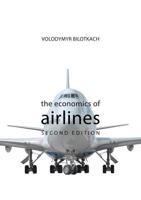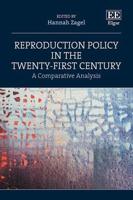Publisher's Synopsis
Human mechanical adaptability has become one of the most important elements in humans' relationship with aviation and flying. It often manifests in physical and mental strain, and is seen as one of the most important variables in flight.
After the Germanwings accident of 2015, the place and importance of psychology in aviation have increased due to its positive and negative effects on processes such as motivation, performance, task success, customer experience, development, and accidents. The aviation sector has become an arena that conducts some of the most important studies and research on this issue because of the high risks it encounters. Indeed, the studies conducted in this sector have provided motivation for similar studies in an array of other fields.
This book brings together a number of detailed studies on a variety of topics from different schools and disciplines in the behavioural sciences, and their relation to the aviation industry, which will allow the reader to better understand this multifaceted relationship.









